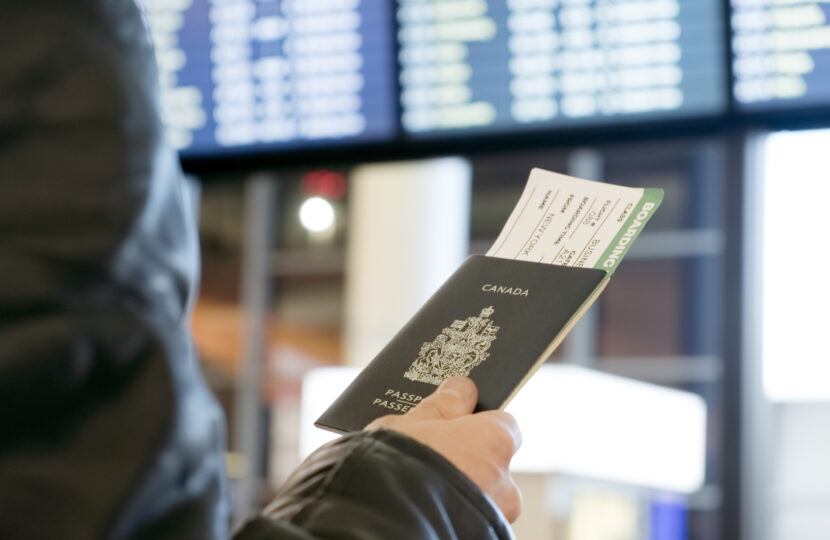TORONTO — ACTA is sounding the alarm on what is shaping up to be a global trade war and its potential impact on the travel and tourism industry.
Following President Trump’s sweeping executive orders for “reciprocal tariffs” on April 2, declaring foreign trade practices a national emergency, ACTA has released a statement saying how “the situation is complex” for Canada.
According to ACTA, the travel and tourism sector may face unique challenges as a result from these tariffs, including:
- Cross-border travel: Higher prices for goods and potential economic uncertainty could reduce discretionary spending on travel between the two countries
- Transportation costs: The 25% auto tariffs may eventually impact rental car prices and transportation services on both sides of the border
- Consumer spending: Economic pressures could reduce overall travel budgets for both Americans and Canadians
- Business travel: Companies dealing with increased costs may restrict travel budgets
- Supply chain disruptions: Travel businesses that rely on imported goods for operations may face increased costs
ACTA does note, however, that travel agencies and travel advisors themselves aren’t directly targeted by the tariffs, buffering some of the immediate impact.
TARIFFS IN TWO PHASES
President Trump’s tariffs on imports from countries with which the U.S. has trade deficits will be implemented in two phases:
- A baseline 10% tariff on all imported goods starting April 5, 2025
- Additional “reciprocal” tariffs on countries with large trade deficits with the U.S. beginning April 9, 2025
- The 25% flat tariff on all countries for automobile exports went into effect
On April 3, Canada responded with 25% reciprocal tariffs on U.S. automobiles, mirroring the U.S. action in a direct response to protect Canadian interests.
While the executive orders maintain existing CUSMA (formerly known as NAFTA) preferential treatment, several key impacts have emerged:
- Steel and aluminum: 25% tariffs remain in place
- Automotive sector: 25% tariffs now apply to Canadian vehicles
- CUSMA-compliant goods: Most Canadian exports shipped under CUSMA protocols (the vast majority) will continue to receive preferential treatment with 0% tariffs
- Non-CUSMA compliant goods: Will face either 25% tariffs or 10% for energy and potash products
According to ACTA’s statement, the order creates a two-tier system for Canadian exports: those properly registered under CUSMA receive preferential treatment, while others face substantial tariffs. With the exception of automobile tariffs now in effect, Canada is in the same position it was prior to April 2.
ACTA remains “cautiously optimistic but vigilant.” While CUSMA-compliant goods are protected, the volatile nature of the current administration suggests that conditions could change rapidly.

